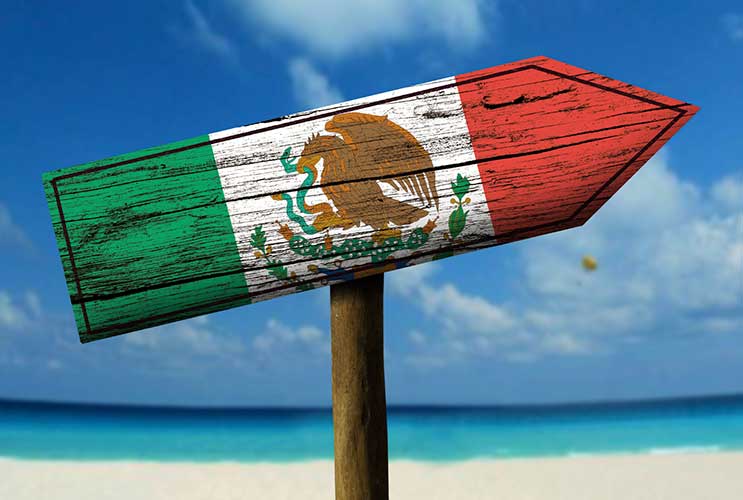Poverty and corruption compound the problem. With a population of 114 million people, 44% of which live in poverty, education should be at the forefront of the government’s priorities. But even though education accounts for 22% of public non-capital spending, corruption and irregularities in the system siphon most of the money before it reaches students or schools. About 80% of the budget goes to teacher’s salaries.
Often, parents who are poor take their children out of school so they can work and help with household expenses. But the government’s social assistance program, Oportunidades, which among other things helps low income parents by paying them to keep their children enrolled in school instead of putting them to work, has been making a difference.













